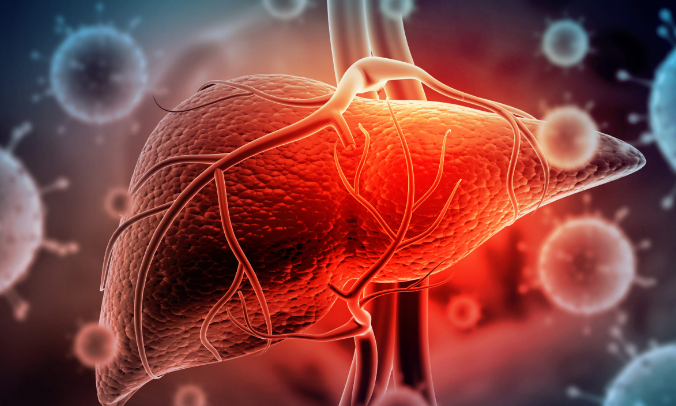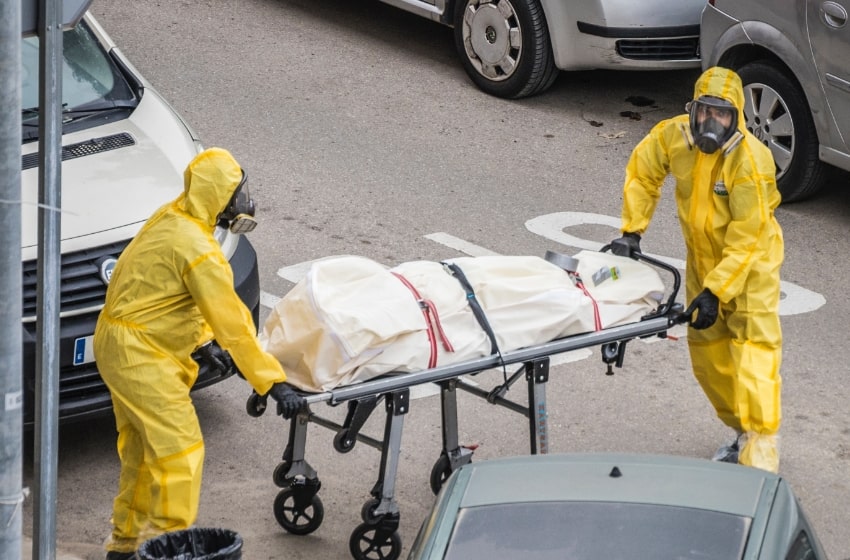
Kerala Faces New Health Challenge After COVID-19: Hepatitis Outbreak Explained
Kerala is seeing a steady increase in hepatitis cases, which cause inflammation in the liver. State health officials claim that drinking tainted water has increased Hepatitis A cases, primarily in the districts of Ernakulam, Malappuram, and Kozhikode. Fatigue, diarrhoea, and various forms of upper stomach pain are typical symptoms.
Even though COVID-19 is still on the rise in India, particularly in Kerala, the state is currently dealing with a significant health problem that is spreading quickly. Hepatitis instances have dramatically increased, with Thrissur serving as the epicentre.
According to news sources, residents are in a panic as a result of the unexpected spike, and health officials have issued an urgent caution. According to data, up until late April, the state had 3,227 confirmed cases and 16 fatalities, with the worst-affected districts being Ernakulam, Malappuram, and, more recently, Kozhikode.
There were numerous outbreaks reported in the southern state last year, particularly in Malappuram and Ernakulam’s Vengoor, and 7,943 Hepatitis A infections and 81 fatalities were registered. According to experts, the sickness primarily spreads in the summer when there is a shortage of water and individuals end up drinking tainted water since clean water is not available.
District Medical Officer T. Sreedevi advised locals to drink only boiling and disinfected water, stressing the importance of exercising extreme caution. “You should only drink water that has been thoroughly boiled and treated. “Avoid stale food at all costs,” she said as she gave the public advice. Authorities are now warning that the onset of the monsoon may increase the danger of other waterborne illnesses including dengue and leptospirosis because of the potential for flooding.
What is hepatitis?
Hepatitis is inflammation in your liver – your body’s response to an infection or injury. According to experts, many things can injure your liver and trigger hepatitis, which also includes certain viral infections. However, you can also develop it if you have diseases that affect your liver or you are exposed to toxins like chemicals, alcohol, or drugs.
The condition causes symptoms that happen suddenly and then go away within six months. But you may have hepatitis that does not go away and slowly gets worse.
There are various types of hepatitis, which can be more common than others:
- Viral hepatitis
- Toxic hepatitis
- Autoimmune hepatitis
Signs and symptoms of hepatitis
According to doctors, hepatitis can be sneaky, and so you may not notice changes in your body right away. But when you do, you may have signs and symptoms like:
- Deadly diarrhoea
- Fatigue and tiredness
- Feeling weak or generally uncomfortable
- High fever
- Nausea and loss of appetite
- Pain in the right side of your upper belly
You may have other symptoms if you have chronic hepatitis that does more damage to your liver. Chronic hepatitis symptoms include:
- Confusion, disorientation or drowsiness
- Dark-coloured pee and light-coloured poop
- Itchy skin
- Yellowish skin or a yellow tint to the whites of your eyes
What are the complications of hepatitis?
Severe or persistent hepatitis causes:
Cirrhosis
Also known as scarring in your liver, it happens when your liver tries to repair the damage that the disease causes. Cirrhosis of the liver is a severe disease.
Liver cancer
Hepatocellular carcinoma, or HCC, is the most common form of liver cancer.
Liver failure
Liver failure happens when your liver stops working. Acute viral hepatitis that attacks your liver may cause liver failure.






